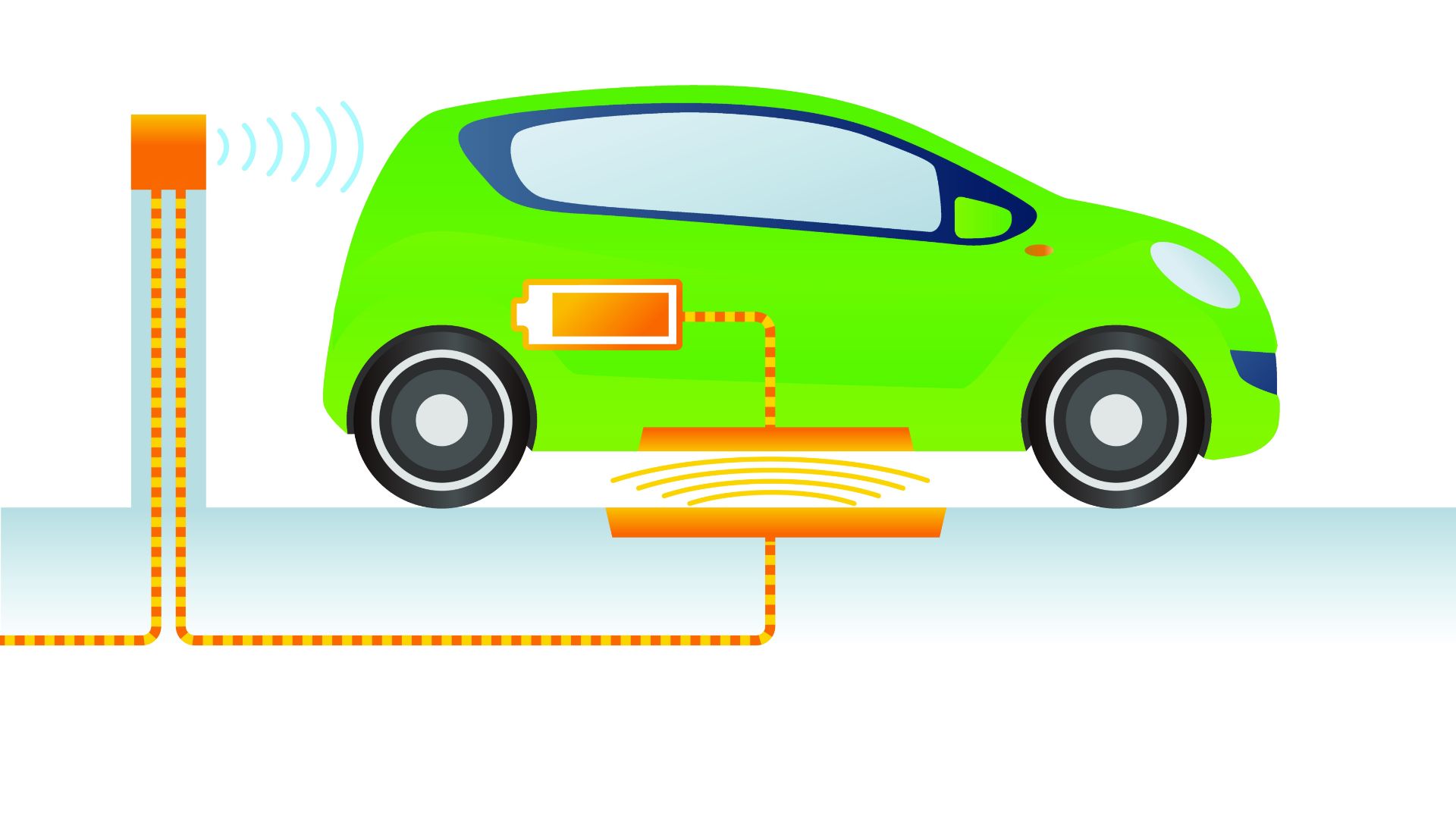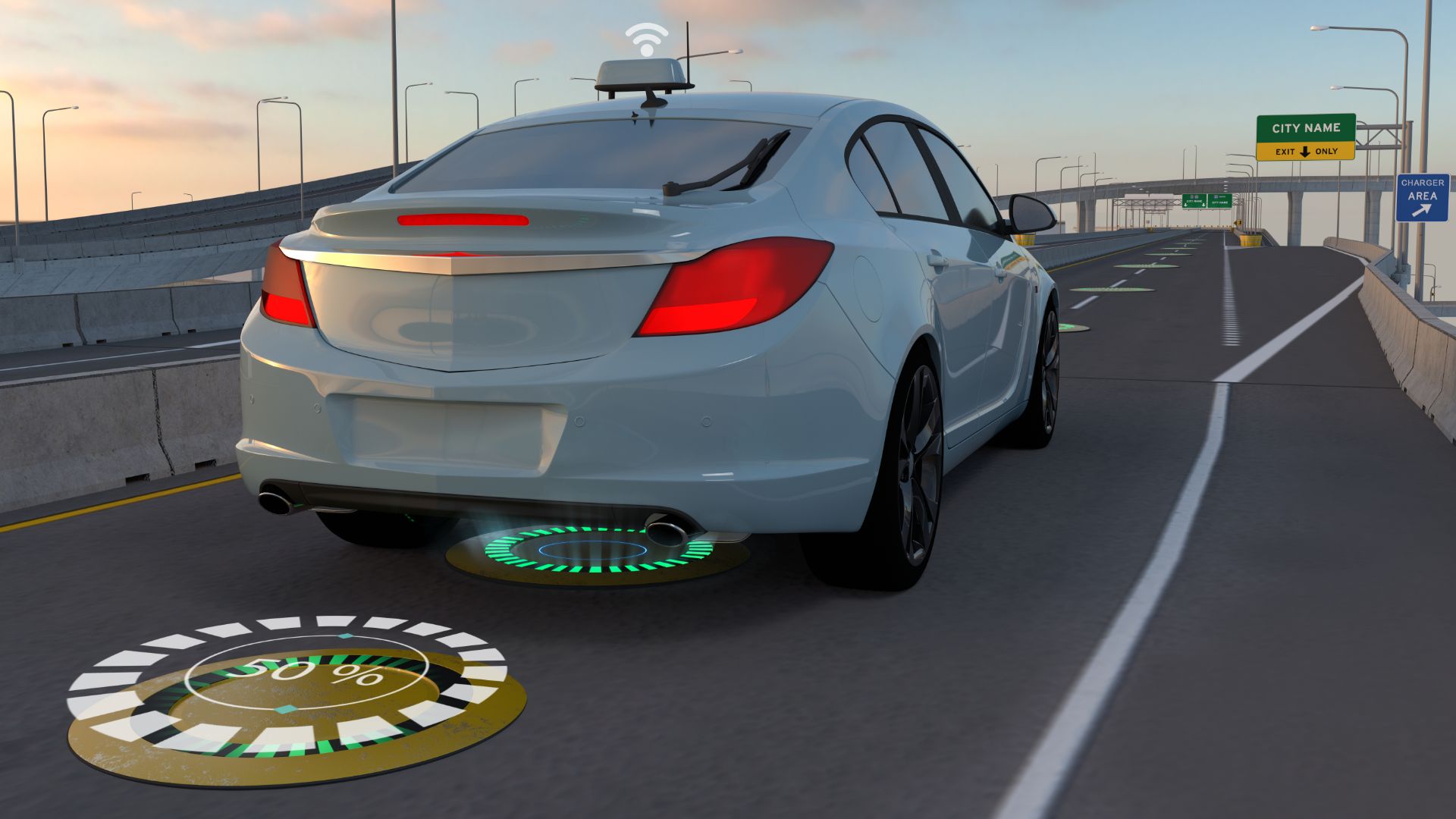
Trials of wireless car chargers will take place in London, the Midlands and Scotland. Residential areas, car parks and taxi ranks will be getting induction pads to test the new wire-free way of charging your electric car.
The idea comes from British firm Connected Kerb, which will be trialling the technology in the UK in the spring, and then overseas from the middle of this year. The road surface pads work by emitting an alternating electromagnetic field, which charges a car when it’s parked on top.

If you’re worried about compatibility, wireless induction charging is a technology being heavily investigated by OEMs for current and future models. It’s also thought that a retro-fit induction charging kit shouldn’t be difficult to devise.
“Vehicle manufacturers are increasingly including induction charging technology in their new models,” said Connected Kerb chief executive, Chris Pateman-Jones.
“At present there are only a handful of induction-enabled electric vehicle charge points. We aim to change that.”
Combatting the clutter and enabling more motorists
Pateman-Jones told the Daily Mail that inductive charging is the way forward. They could de-clutter parking bays and charge points with no need for cumbersome call boxes and reams of cables. It’s neater, more attractive, and safer for disabled motorists and pedestrians to whom trailing cables have previously posed a risk. For those worried about how effective the chargers will be, they are said to be comparable in performance.
“Longer term, induction charging will be the path to electrification of all parking bays without the street furniture and cable clutter that dominates EV charge point technology today.”
Connected Kerb is already in the business of making car charging more compact. It has a range of kerbside chargers that are more space efficient. The Armadillo (pictured) and the limpet are small packages, made from recycled car tyres. They sit on the kerb, and on a wall respectively. The next step is to close in on a two-dimensional charging solution.
No mention in the article I could see of possible radio interference issues, or energy efficiency of the system given there is some loss in being an induction system, and then further loss from the inevitable air gap between road and car.